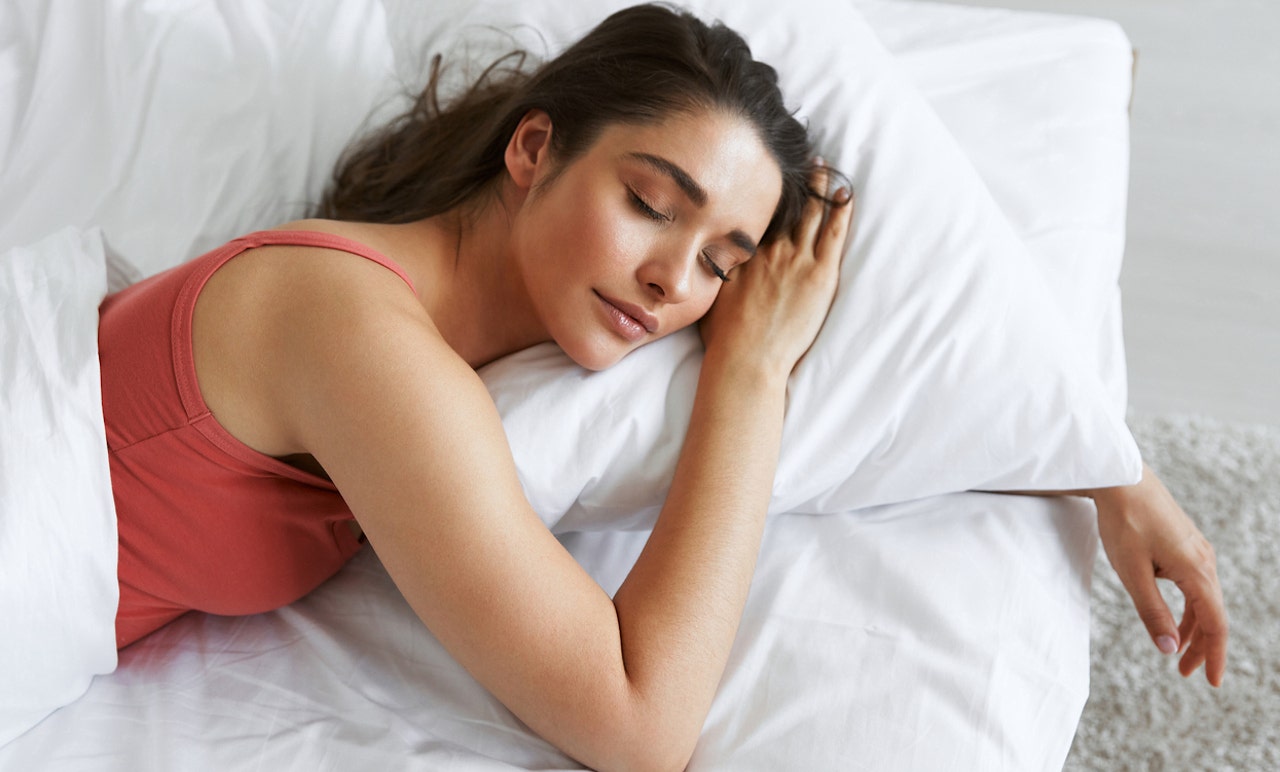Do women need more sleep than men? Here’s what experts think

Sleep is a crucial aspect of overall health and well-being for everyone, but the debate over whether women need more sleep than men has been ongoing among researchers and medical experts. According to sleep expert Dr. Wendy Troxel, the idea that women require significantly more sleep than men is often exaggerated. Research has shown that the difference in sleep needs between men and women is minimal, with women only needing about 11 to 13 minutes more sleep on average.
Despite this minimal difference, women are more likely to experience sleep disorders such as insomnia and restless leg syndrome, which can impact the quality of their sleep. Dr. Troxel emphasizes the importance of focusing on sleep quality rather than solely on the number of hours slept, especially since women are already at a higher risk of insomnia compared to men.
Dr. William Lu, a sleep medicine physician, notes that studies have shown women tend to sleep slightly more than men, about 10 to 20 minutes per night. However, it remains unclear whether this is due to a biological need for more sleep in women or if men simply do not get enough sleep.
Dr. Troxel considers sleep to be the ultimate form of self-care for women, as it plays a vital role in supporting mental health, brain health, relationship health, and physical health. Adequate sleep can help women manage stress, maintain a healthy weight, and boost immune strength.
While the recommended amount of sleep varies from individual to individual, Dr. Lu suggests aiming for around 7.5 hours of sleep per night. Dr. Navya Mysore adds that both men and women generally need between seven to nine hours of sleep per night, with quality of sleep being a crucial factor in determining individual sleep needs.
Women face unique sleep challenges due to hormonal changes throughout their lives, such as menstrual cycles, pregnancy, and menopause. These hormonal fluctuations can lead to fragmented sleep, insomnia, and other sleep disturbances. Additionally, societal expectations and caregiving roles can contribute to sleep disruptions and added stress for women.
For women experiencing consistent sleep challenges, it is important to consult with a medical provider for recommendations and treatment options. Effective non-drug treatments for insomnia are available and should be accessible to all women. By prioritizing sleep quality and addressing sleep challenges, women can improve their overall health and well-being.




